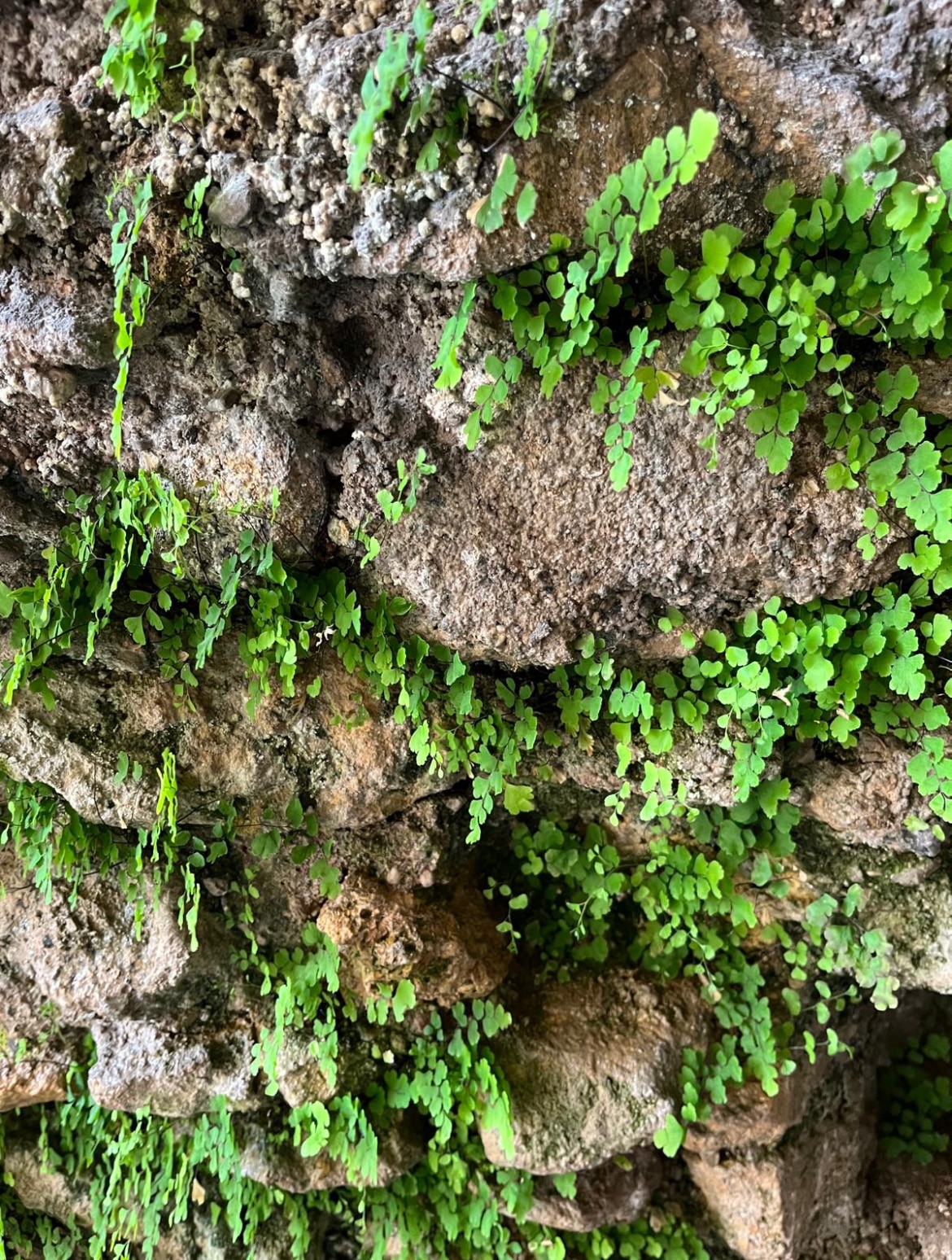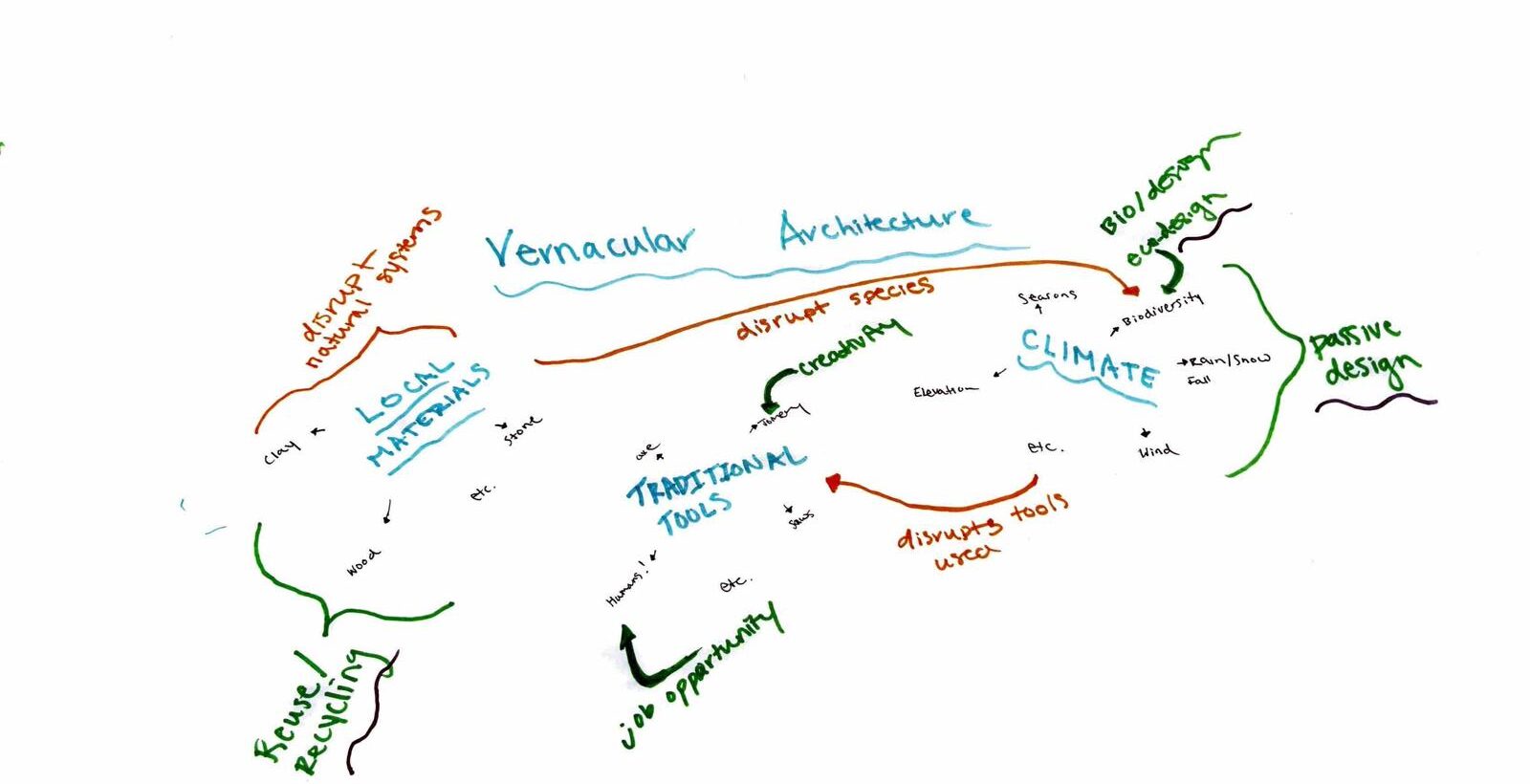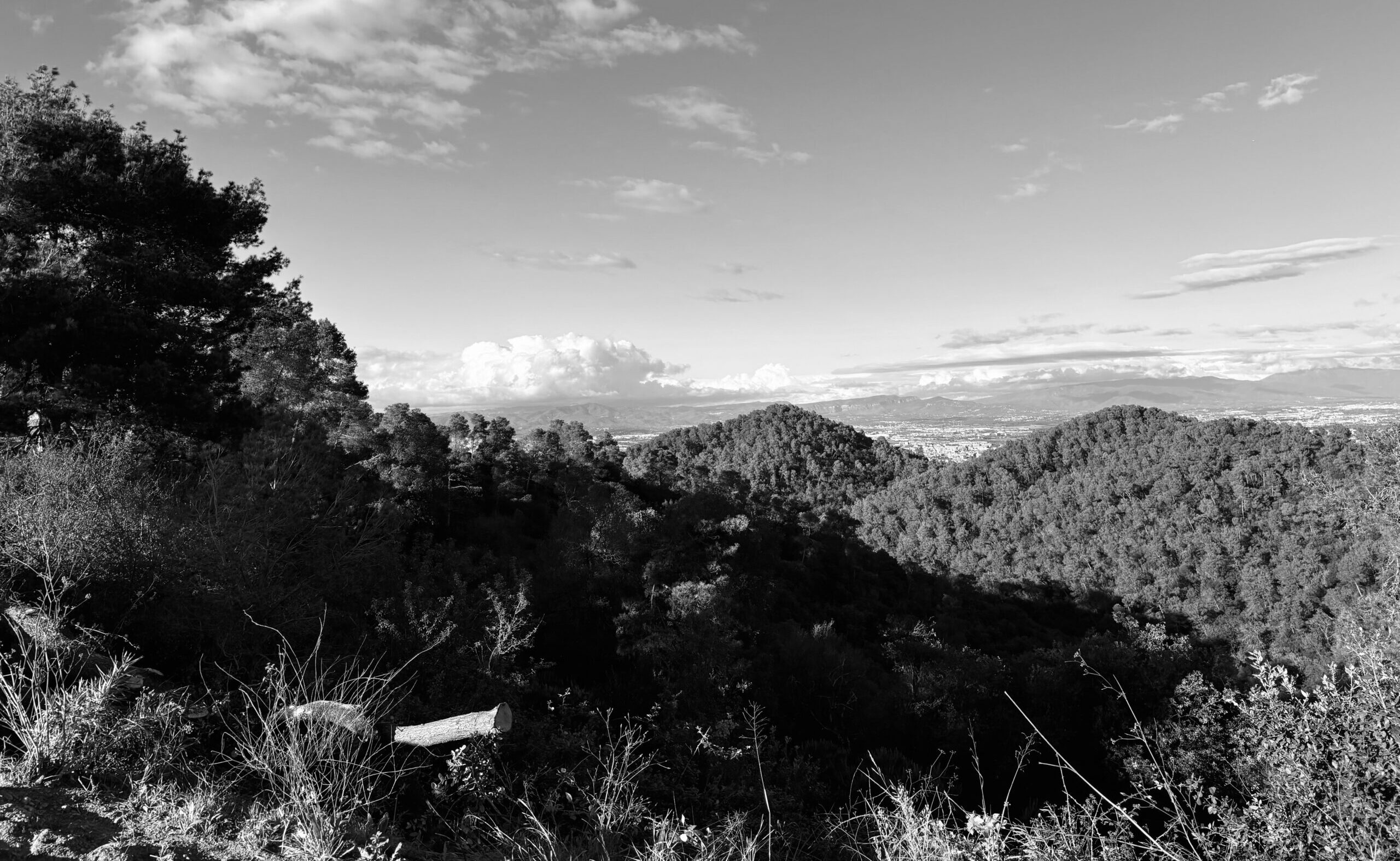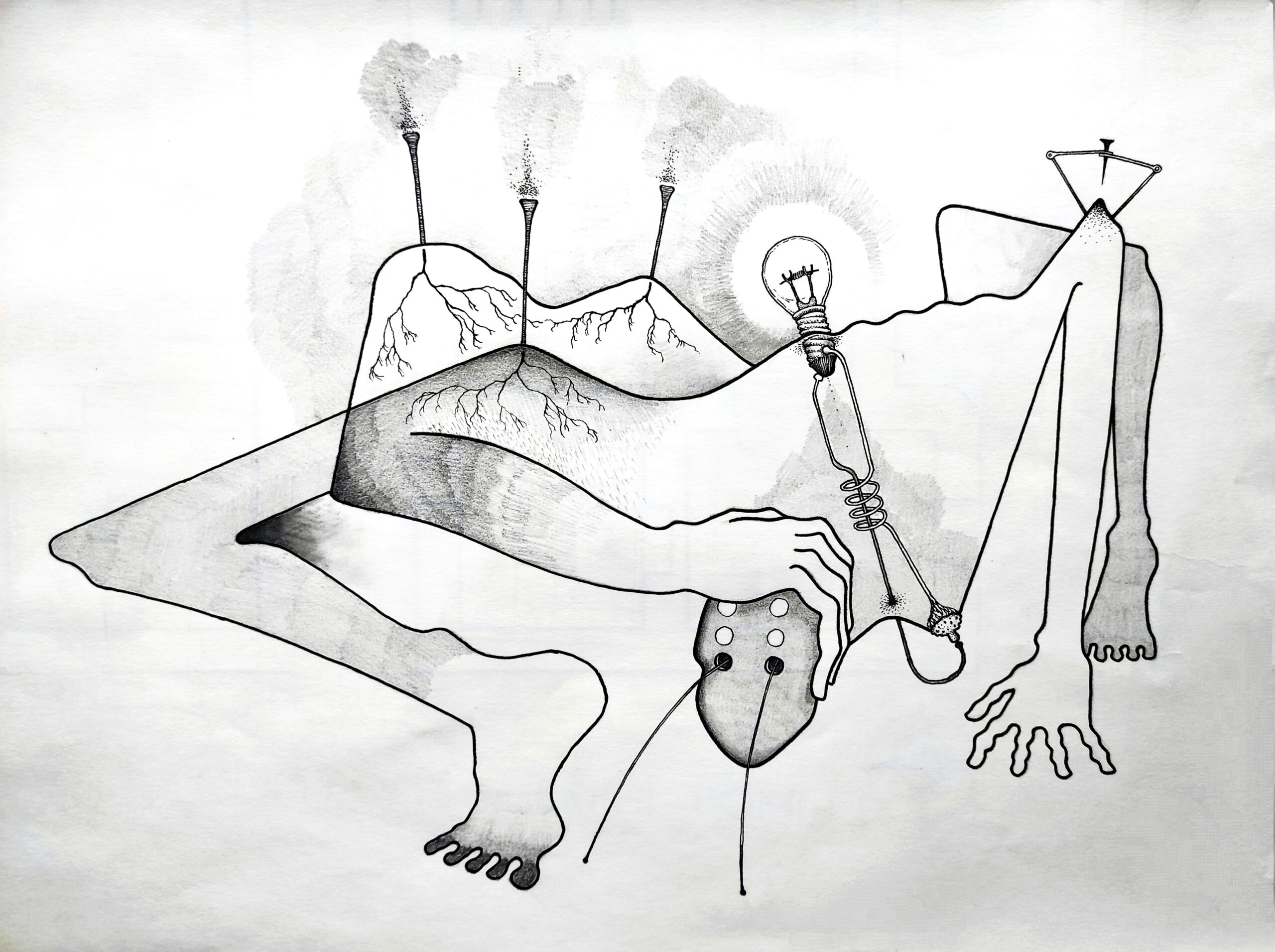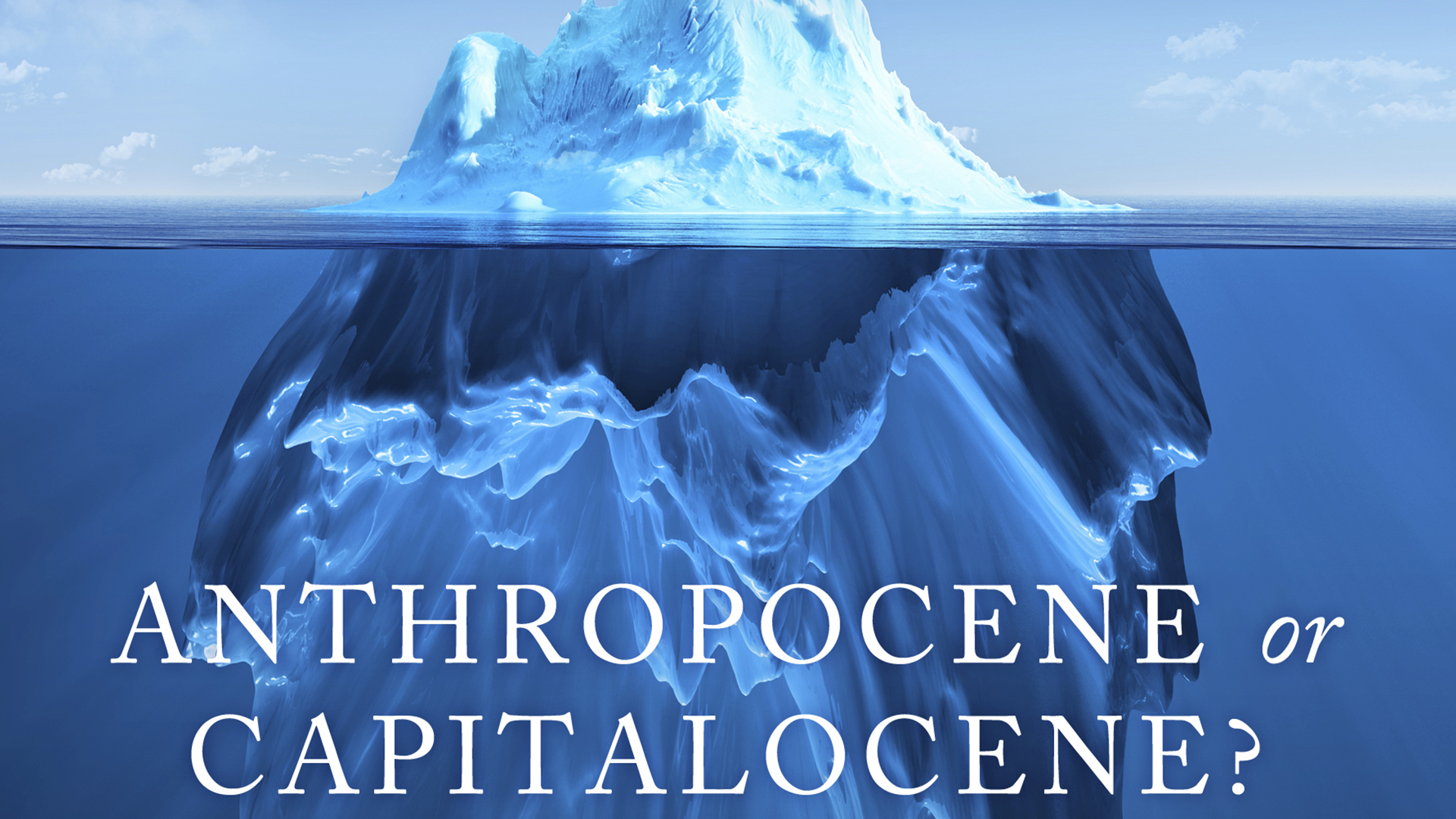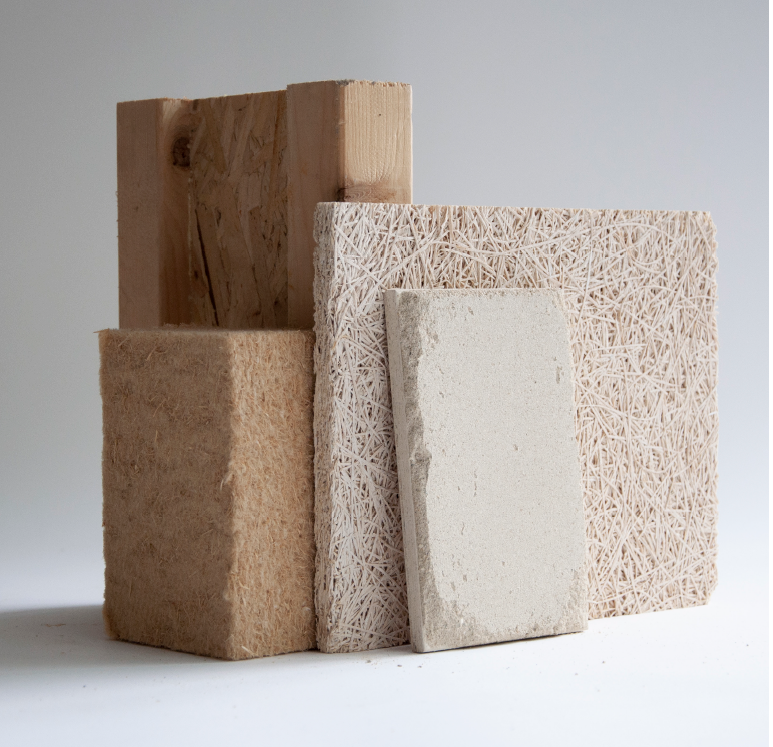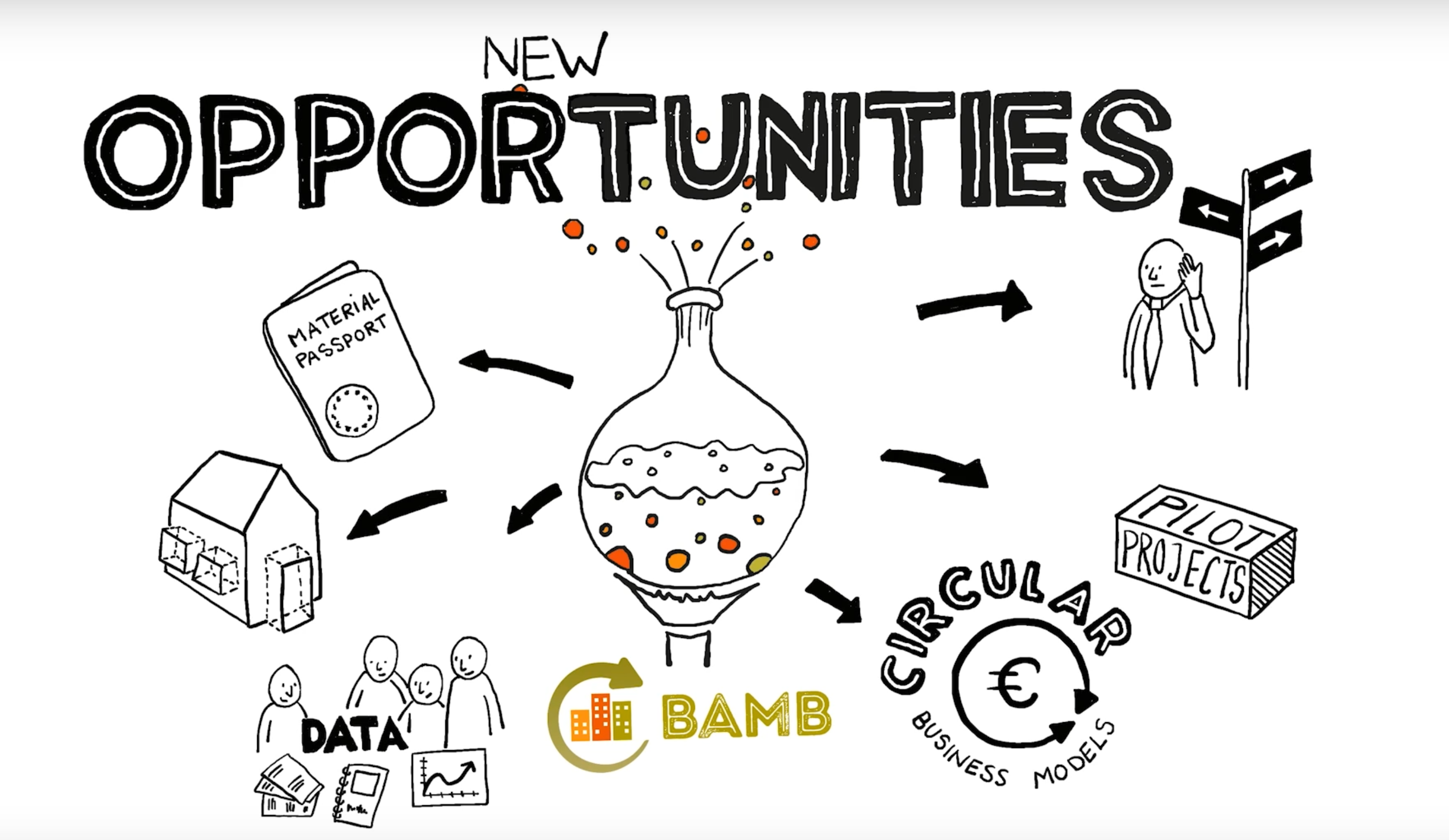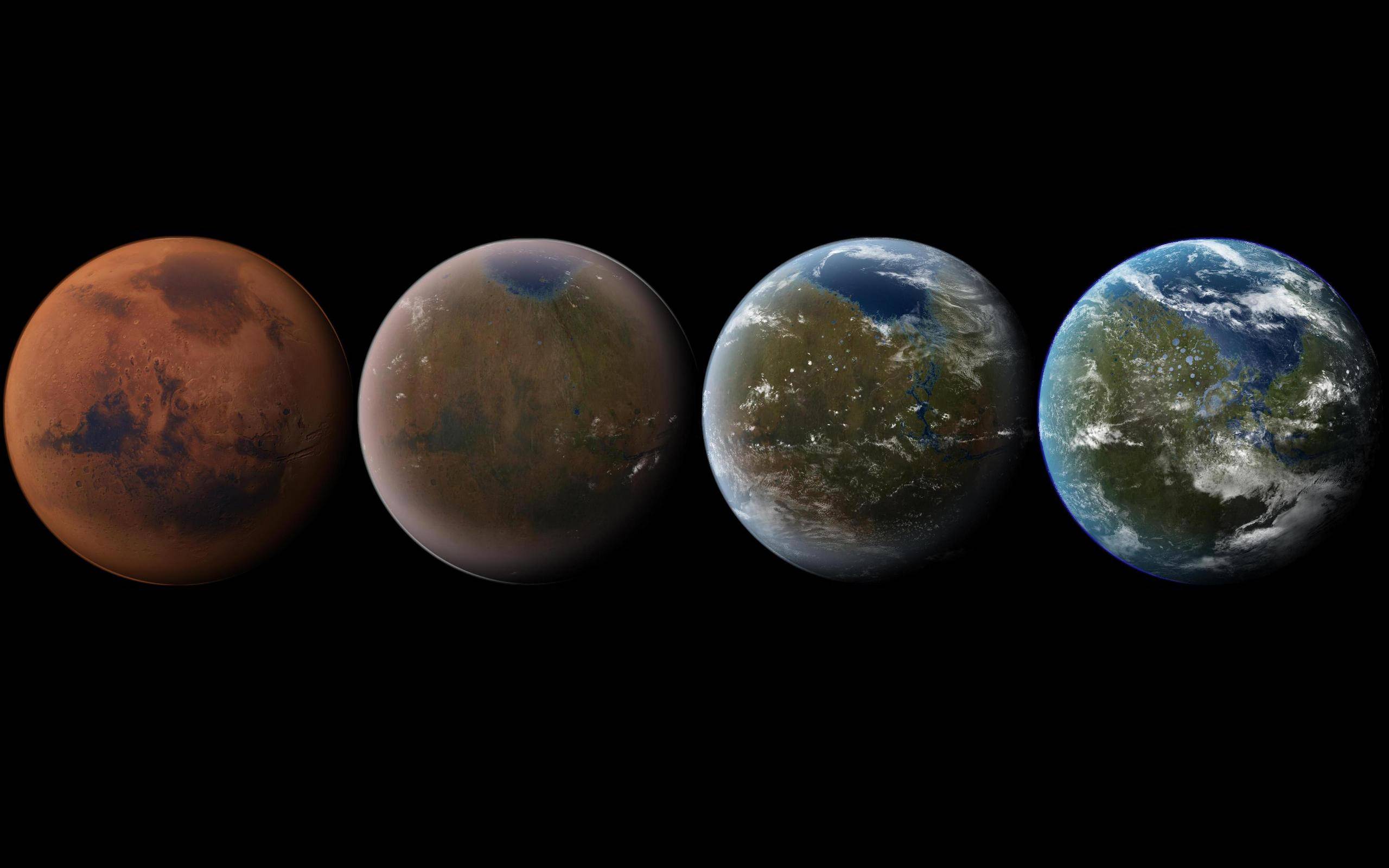Nature as Design Archive and Typology
Multispecies design as we know it is designing human dominated spaces to be occupied by more species than just humans in an effort to mitigate the biodiversity losses due to human development and territorial expansion. However, multispecies design as it is often practiced, through building facade systems and interventions in the built landscape, can have … Read more

